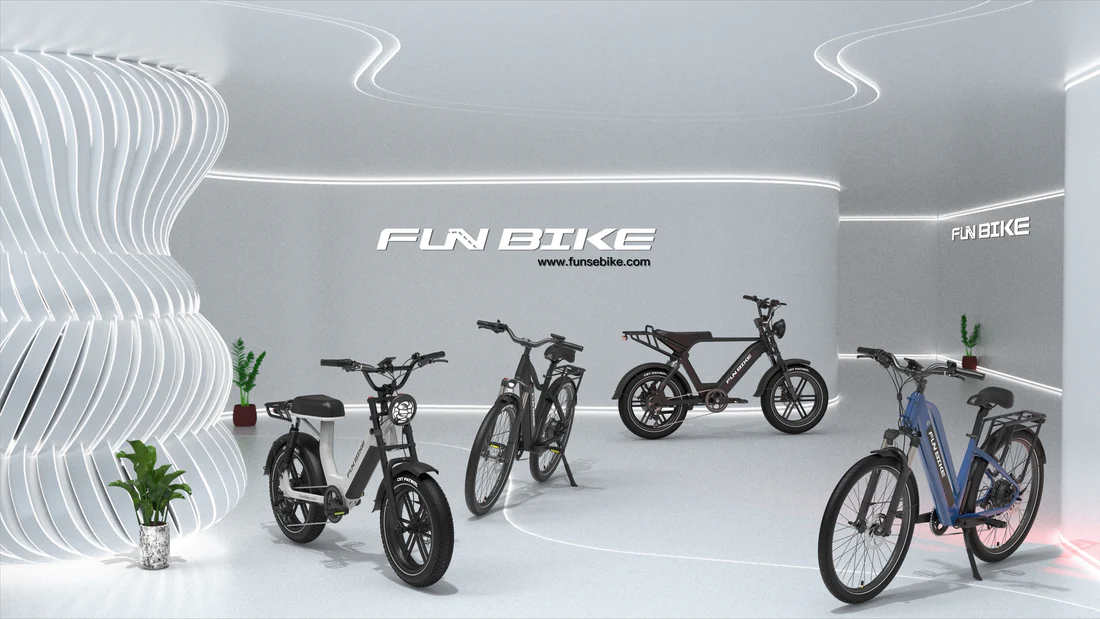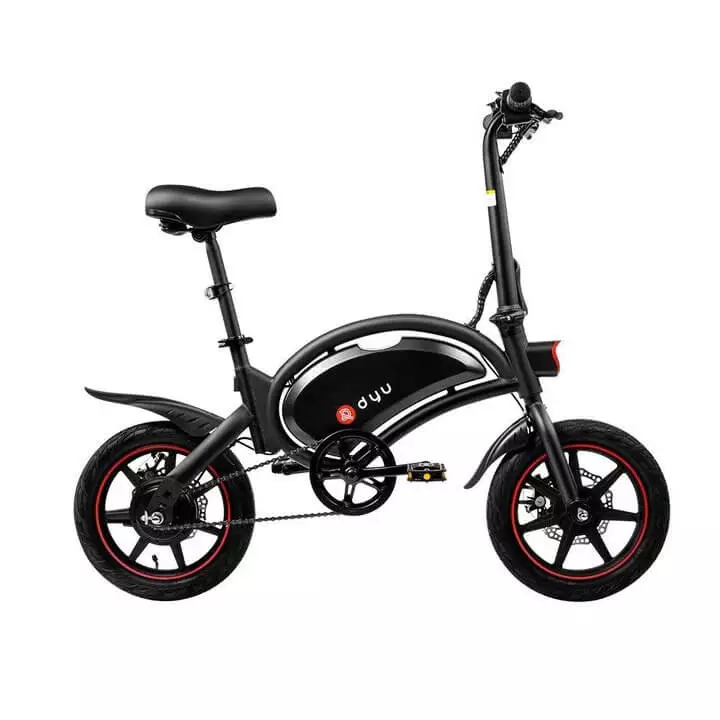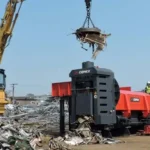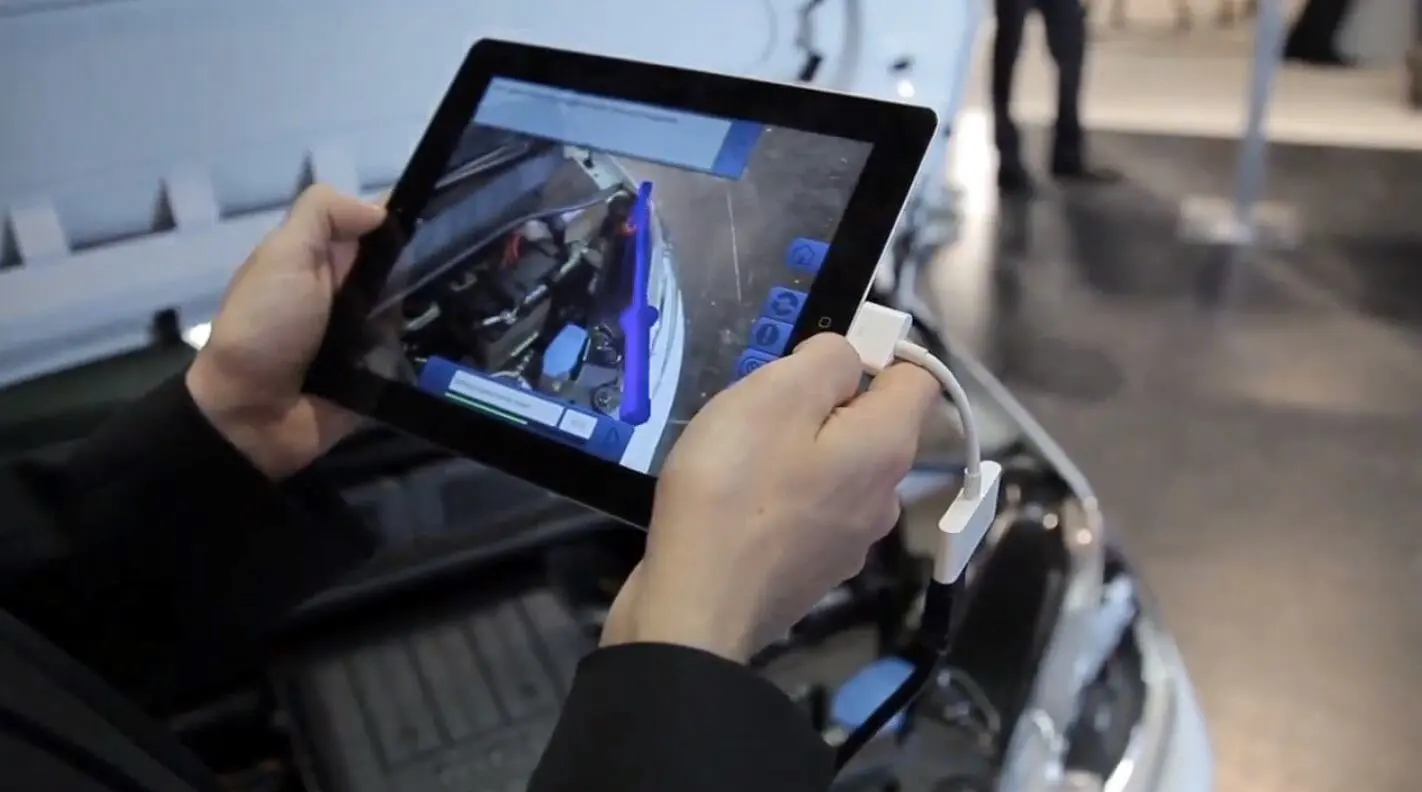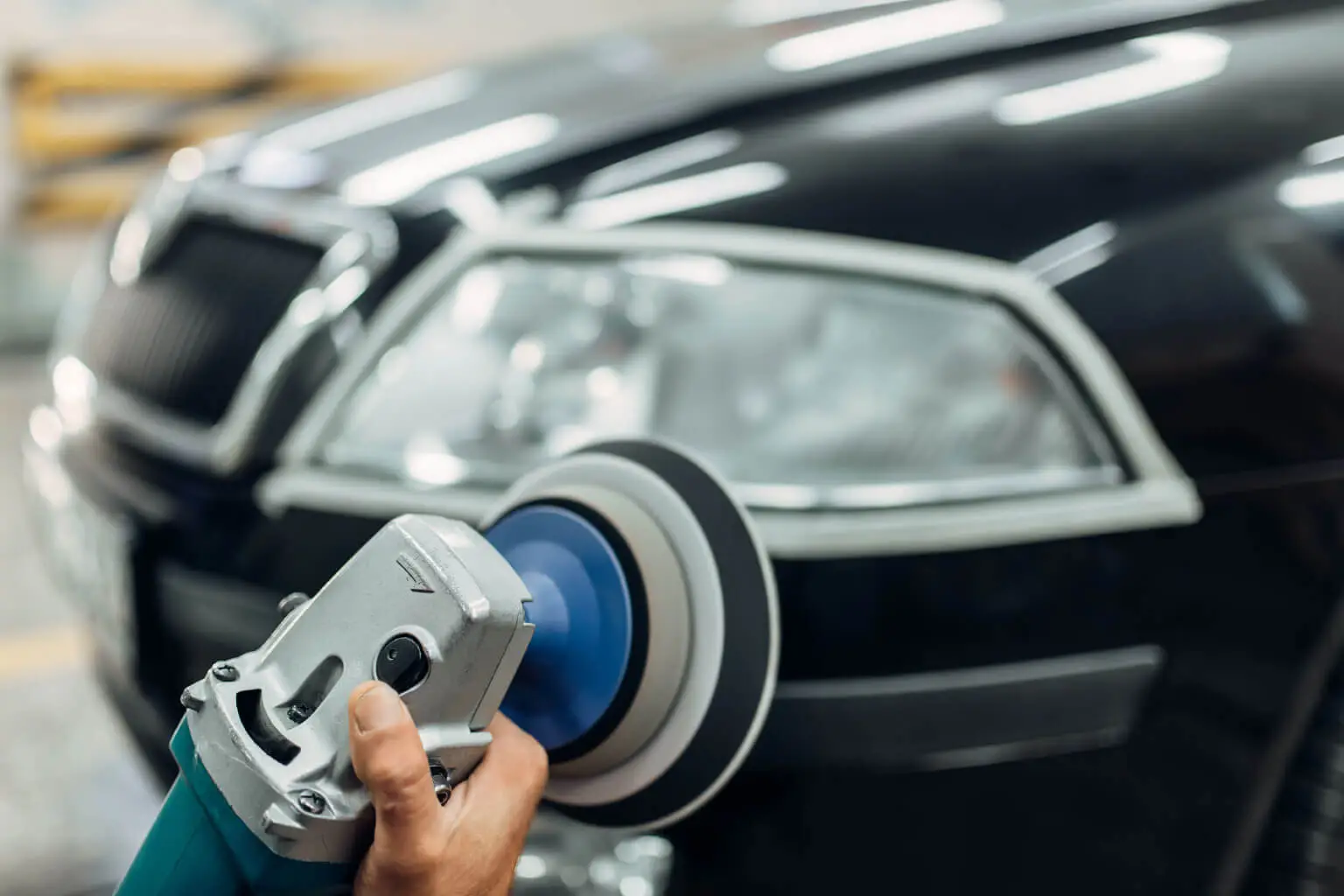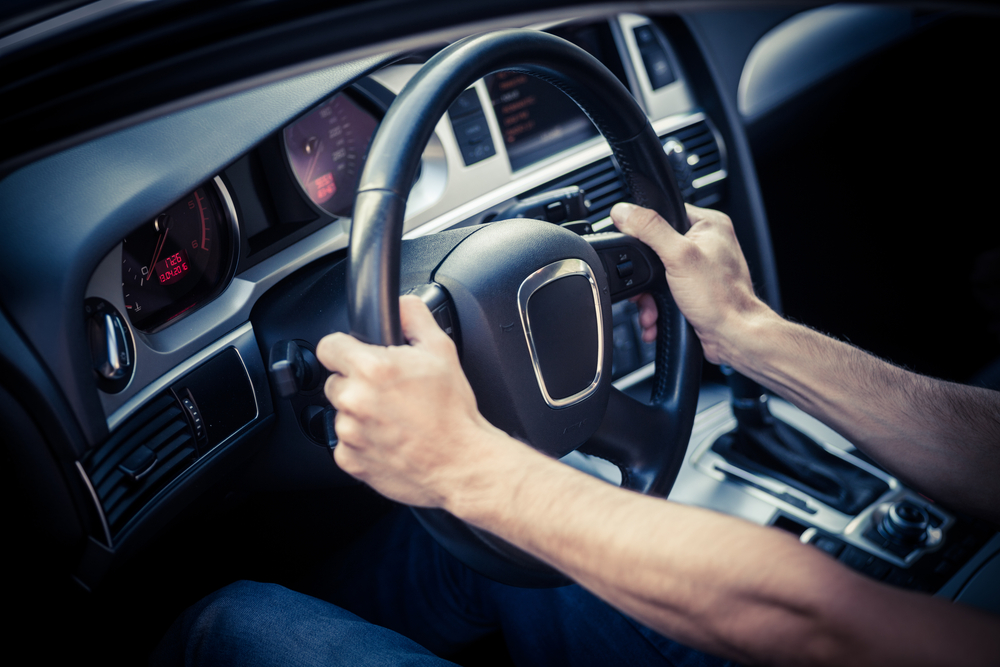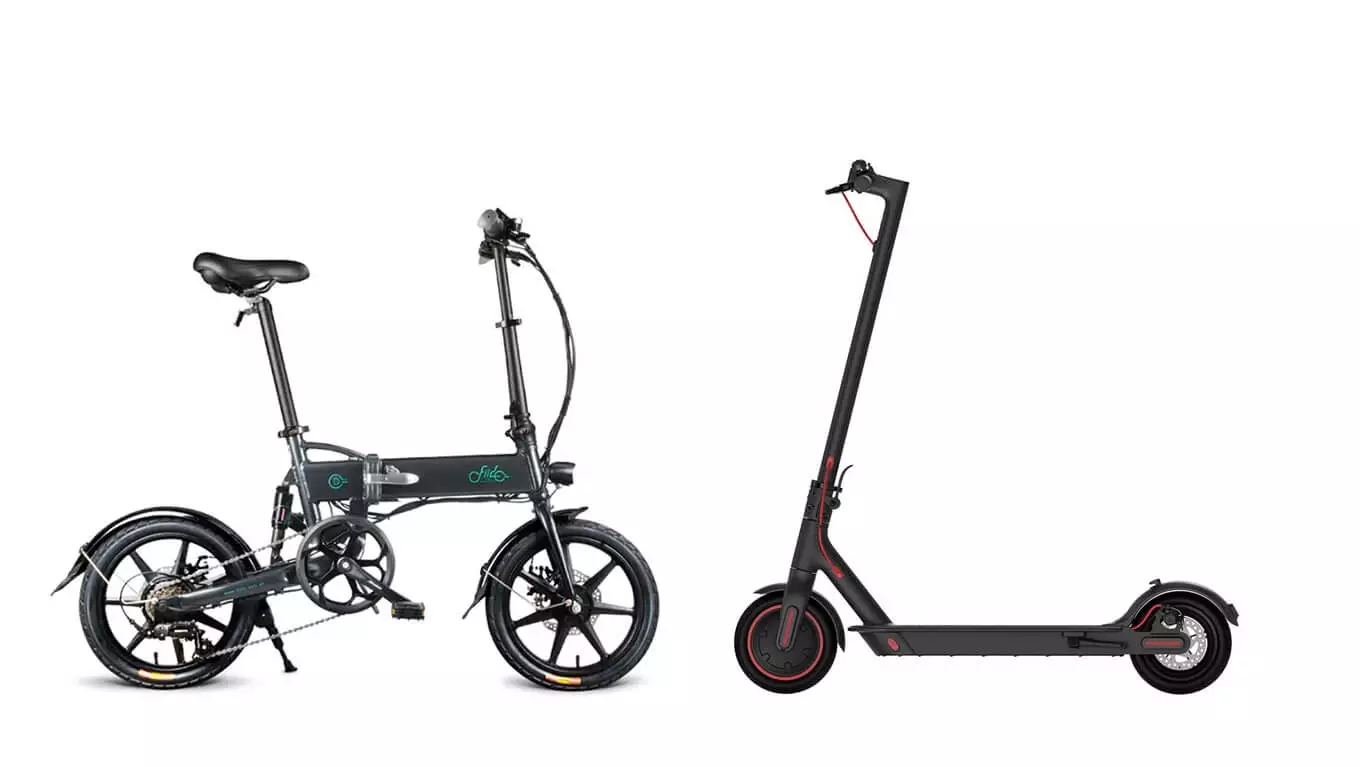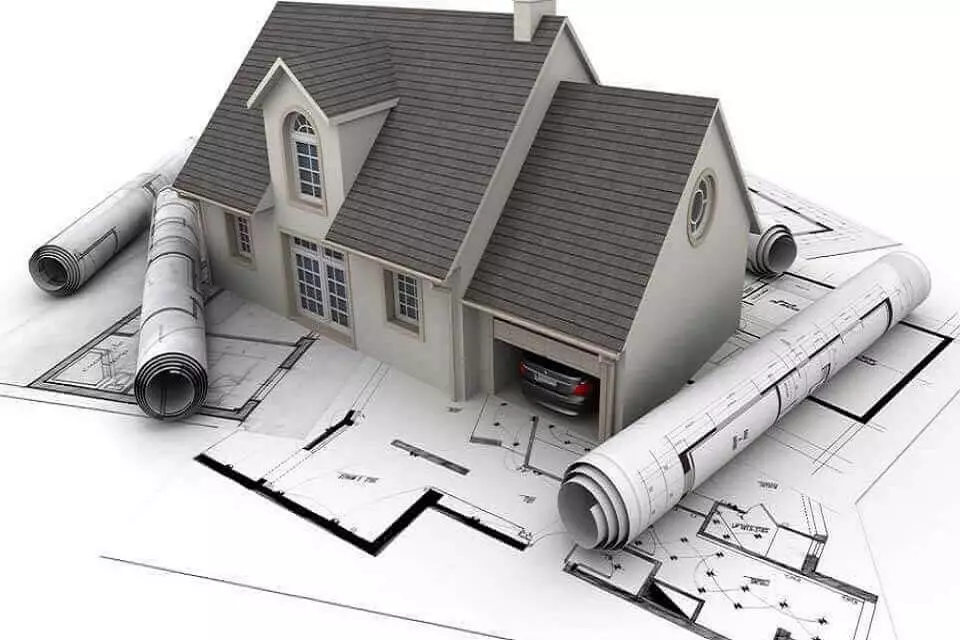Pickleball is a pastime that is slowly grabbing the attention of the elderly. It is a quick-paced, enjoyable, and simple-to-learn game. But again, the noise that pickleball makes is a common complaint about the sport. This noise can annoy players and anyone in the nearby region. Neighbors, particularly those who live in areas with pickleball courts, are unhappy with this noise issue. This article will discuss the pickleball noise in more detail, along with Pickleball noise solutions.
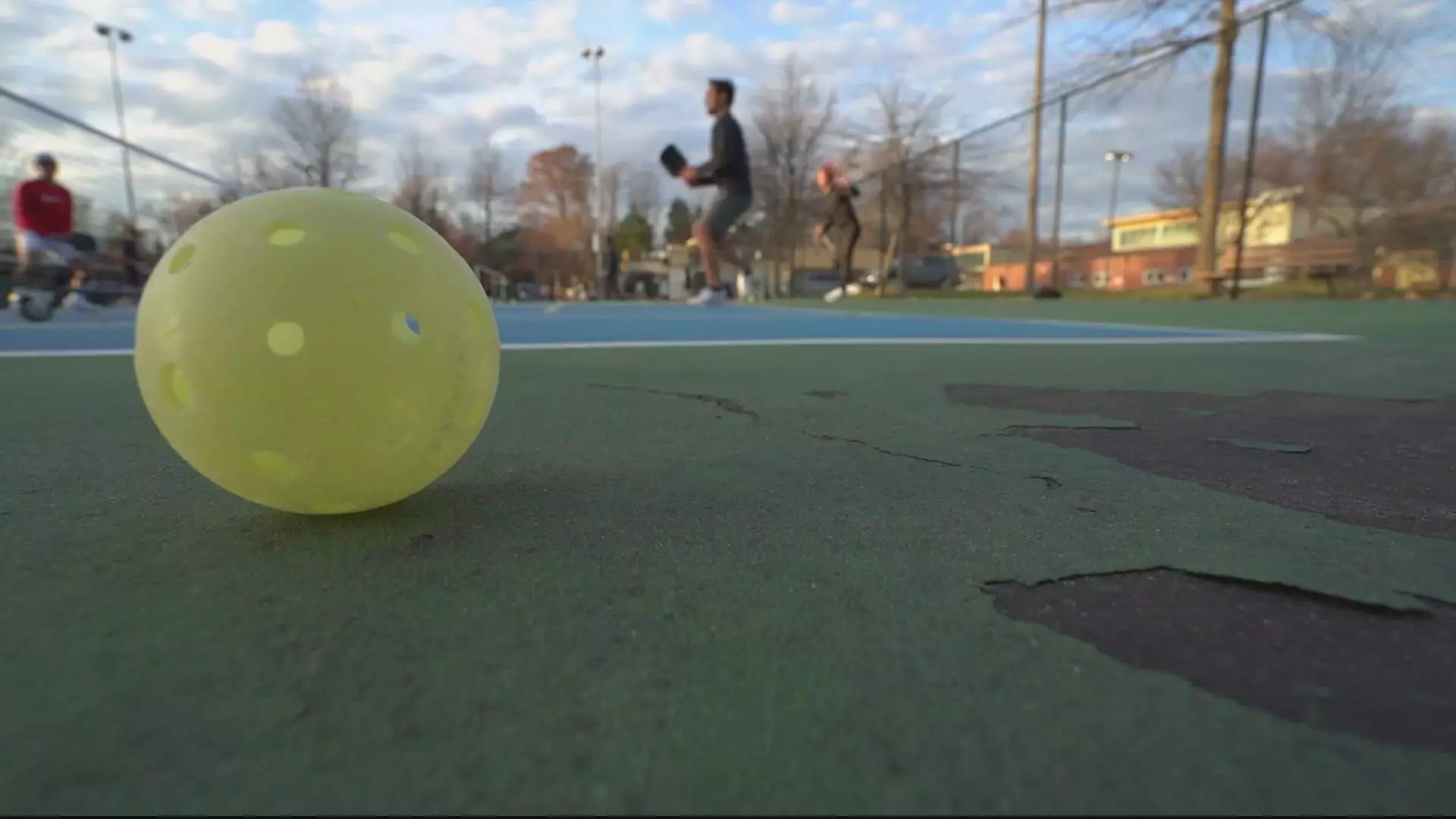
The Sounds of Pickleball
The sound of the ball striking the paddle is the primary source of the noise. The ball and paddle hitting together produce a loud thud. If the paddle has a more complex composition, such as graphite or carbon fiber, the sound will be amplified. Furthermore, if the ball is made of a rigid material, such as plastic or rubber, the sound gets intensified.
What Causes the Problem?
Due to people’s high discomfort with high-frequency sounds like tires screeching and car horns, pickleball has a similar noise problem. Compared to tennis balls or other mainstream sports, the sound of a pickleball hitting a racket is higher.
At around 100 feet from the ball strike, pickleball sounds are around 70 decibels (dB). This means that residents in a peaceful community used to hearing noise levels of 40dB are now hearing 30dB higher. Because every +10dB doubles sound, this equates to an environment eight times louder than what people are used to. This is a massive increase in noise.
Pickleball Soundproofing Solutions
When it comes to proper treatments for existing pickleball courts, one should think about a sound barrier and absorption on the fencing or walls. Two Pickleball noise solutions fit both needs and budgets:
Sound Barrier
The first measure to stop sound from leaving the court is the sound barrier. This will benefit residents and the community peace. The premium sound barrier is an excellent choice for courts that want to cut costs and reduce noise. While considering the options, it is recommended to go for high STC (Sound Transmission Class) rated barriers that are simple to install on surfaces like fencing and concrete.
Barrier and Absorber Composite
One can use composite acoustical products to take extra precautions and completely suppress sound from pickleball courts. Pickleball noise solutions can include a barrier as well as an absorber. As a result, the sound hits the barrier to lessen transmission after being absorbed rather than reflected. Some high-grade barrier and composite products are UV-protected and relatively heavy to prevent damage from wind or water.
Conclusion
Pickleball noise is a common issue for players and neighbors. However, it is a problem that can be easily solved. Players can continue to enjoy the fun and quick-paced game of pickleball without disturbing others by using softer paddles and balls and installing sound-absorbing materials. With the techniques mentioned above, it is possible to strike a balance between the pleasure of playing and the necessity to reduce noise.

Daniel is the eco-conscious auto whisperer. His blog doesn’t preach; it educates on the world of green transportation. It’s your guide to reducing your carbon footprint without sacrificing style or speed.

